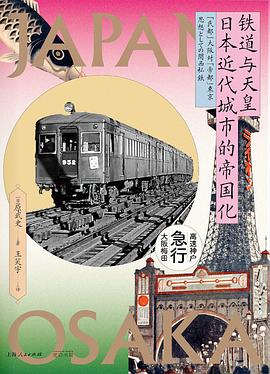
《铁道与天皇》内容简介
以铁道为横轴,以天皇为纵轴,以城市为舞台,分析日本近代思想史进程。
大阪,直到20世纪30年代,都在人口、经济、面积等方面,全面压制着首都东京,是名副其实的“民众之都”。但以1928年昭和天皇乘坐火车从东京到京都举办即位典礼为分水岭,这座城市渐渐被改变了。大阪的繁荣以民间资本主宰的私营铁道为中心发展而来,沿着铁道线路,这座城市率先拥有了大型游乐园、综合性购物中心、高档郊区住宅、顶级歌舞剧场(宝冢剧团)、专业棒球体育场(甲子园),形成了足以蔑视东京的近代城市娱乐文化。但在昭和天皇即位之后,曾以庶民商业为傲的大阪,逐渐被纳入无处不在的帝国阴影之下,成为庞大国家机器的一环。从权力中心东京出发,火车像精密仪器般,以秒为单位行进,成为规定沿途国民共时性体验的装置。人们产生了一种意识——所有的日本国民都是一个整体。在这里,铁道曾是民众生活的幸福依托,但在战争缓缓逼近之时,也必须化身运送士兵的冰冷工具……
本书的野心不在表现大阪一座城市的变化,而是要展示帝国如何通过铁道渗透到整个日本。铁道通过塑造统一的时空,构筑统一的民族认同与爱国情感。
作者简介
作者|原武史(HaraTakeshi,1962—)日本政治思想史学者、知名铁道宅。
现任放送大学教授,明治学院大学名誉教授。毕业于早稻田大学,研究领域为日本政治思想史、近现代天皇·神道·皇室历史。在对“铁路”“团地”“广场”的研究中,反对抽象的理论,提倡着眼于具体场所的“空间政治学”。在攻读博士学位之前短暂地做过记者,以日本经济新闻社“东京社会部记者”的身份取材了昭和天皇最后的时光。著有《可视化帝国》《团地的政治空间学》《女帝的日本史》《“民都”大阪对“帝都”东京》(三得利学艺赏)、《昭和天皇》(司马辽太郎赏)、《大正天皇》(每日出版文化赏)、《泷山自治组织1974》(讲谈社非虚构赏)等。
同时也是一名知名的左派“铁道宅”,在月刊杂志《本》上连载关于铁道的随笔,在311地震后为了支援深受打击的三陆铁道而购入了1000枚(60万日元)邮票。在庆应高等私塾读书时,因为自己出生在郊区的团地,而拒绝了学校推荐他进入庆应艺塾大学。以铁道宅和研究者的身份出演过《情热大陆》和NHK《从铁路看日本》等热门电视节目。
译者|王笑宇
博士毕业于筑波大学人文社会科学研究科国际日本研究专业,现任教于周口师范学院外国语学院。
Introduction to the Railway and the Emperor
Taking the railway as the horizontal axis, the emperor as the vertical axis, and the city as the stage, this paper analyzes the progress of modern Japanese ideological history.
Osaka, until the 1930s, dominated Tokyo in terms of population, economy, and size, and was known as the "city of the people." But with Emperor Showa's 1928 train ride from Tokyo to Kyoto for his enthronement ceremony, the city was gradually transformed. Osaka's prosperity was centered on the development of private railways dominated by private capital. Along the railway lines, the city was the first to have large amusement parks, comprehensive shopping malls, upscale suburban housing, top cabarets (Takarazuka Theater company), professional baseball stadiums (Kaako-en), and formed a modern urban entertainment culture that would have defied Tokyo. But after Emperor Showa ascended the throne, Osaka, once proud of its populist commerce, gradually fell under the shadow of the omnipresent empire and became part of a vast state apparatus. Starting from Tokyo, the center of power, the train moves by seconds like a precision instrument, becoming a device that dictates the simultaneous experience of the people along the way. There was a sense that all Japanese people were one. Here, the railway used to be the happiness of people's lives, but when the war slowly approached, it must also be transformed into a cold tool to transport soldiers...
The ambition of this book is not to show the transformation of a single city, Osaka, but to show how the empire permeated Japan through the railways. By shaping a unified time and space, railway builds a unified national identity and patriotic feeling.
About the author
The author | HaraTakeshi (1962 -) is a Japanese scholar of the history of political thought and a well-known railway homeowner.
He is currently Professor of Broadcasting University and Emeritus Professor of Meiji Gakuin University. He graduated from Waseda University and studied the history of Japanese political thought, modern Emperor Shinto and Imperial family history. In the study of "railway", "group" and "square", it opposes abstract theory and advocates "spatial politics" focusing on concrete places. He worked briefly as a journalist before pursuing his doctorate, and covered the last days of Emperor Showa as the "Tokyo City Desk correspondent" of the Nikkei News agency. He is the author of the Visual Empire, The Political Space of the Group, the History of Japan by the Female Emperor, The "People's Capital" Osaka against the "Imperial Capital" Tokyo (Suntory Gakuei Award), The Showa Emperor (Sima Ryotaro Award), The Taisho Emperor (Mainichi Publishing Culture Award), and the Takiyama Autonomous Organization 1974 (Kodansha Non-Fiction Award).
He is also a well-known leftist "railway homeowner" who wrote essays on railways in the monthly magazine "Ben" and purchased 1,000 stamps (600,000 yen) to support the Sanriku Railway, which was badly hit by the March 11 earthquake. While studying at Keio High School and other private schools, he refused the school's recommendation to enroll him at Keio University because he was born in a suburban district. As a railway homeowner and researcher, she has appeared in popular TV shows such as "Hot Land" and NHK's "Japan from the Railway".
Translator | Wang Xiaoyu
She received her Ph.D. degree in International Japanese Studies from the Faculty of Humanities and Social Sciences, University of Tsukuba, and currently teaches at the School of Foreign Languages, Zhoukou Teachers College.
 热门标签
热门标签
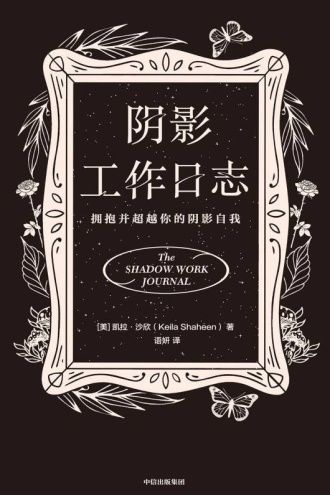
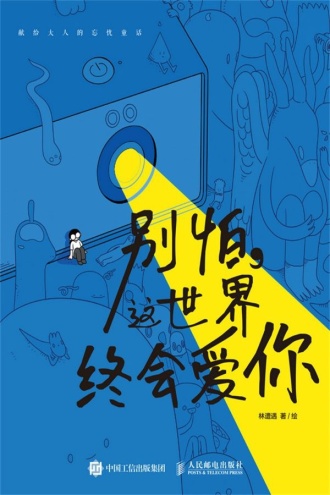
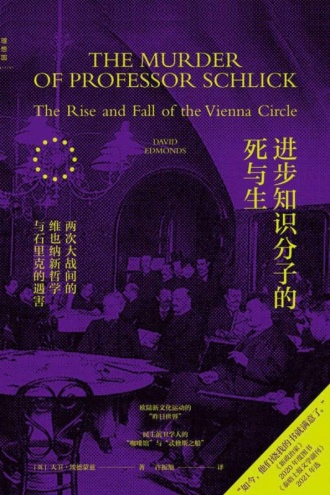

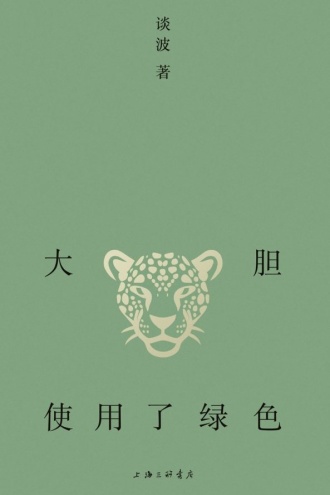
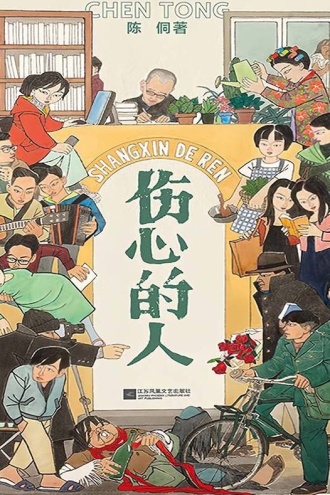

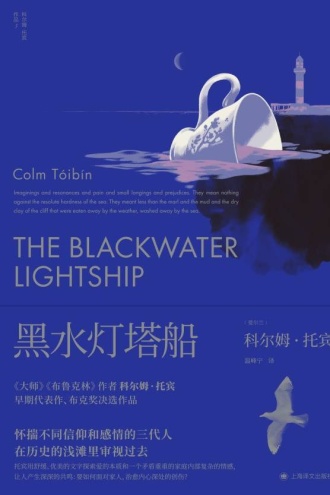
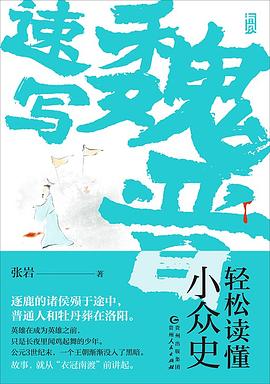
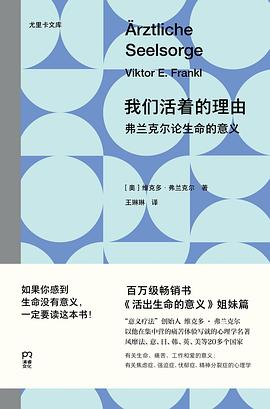
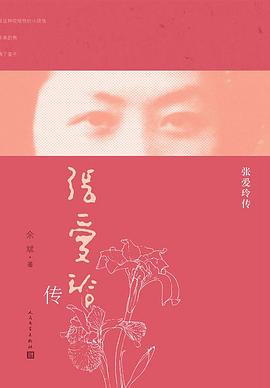
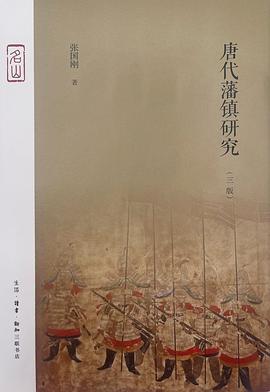
 书单推荐
书单推荐